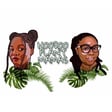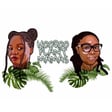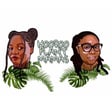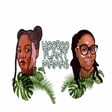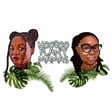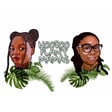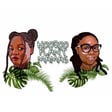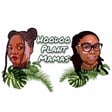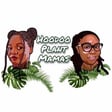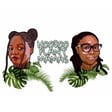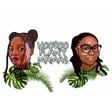
Ep 49: Moving Through Black Mysticism and Imagination
Hey y'all. We're back with our season 8 premiere. This season we're planning on dropping a new episode every week of Hoodoo Heritage Month discussing a theme and a historical Hoodoo that you may not know about.
In this episode, we discuss the violent effects of colonialism on our bodies, imagination, and relationships. We touch on the current political climate before getting into the life and work of Father Divine and the need to use Black mysticism to navigate through the destruction of colonialism.
RESOURCES
- "Nikki Giovanni on the importance of self love | Generational Anxiety" ALLARTSTV. YouTube.
- "Ep 47: Dreaming a New Dream with Austen Smith" Hoodoo Plant Mamas.
- Loving Corrections by adrienne maree brown
- September Patreon Minisode: Loving Corrections
- Father's Kingdom documentary
Create your podcast today! #madeonzencastr
BOOKSHOP
https://bookshop.org/shop/hoodooplantmamas
Apocalypse Still by Leah Nicole Whitcomb
bloom by Leah Nicole Whitcomb
About the Boy by Leah Nicole Whitcomb
BE A PATRON!
https://www.patreon.com/hoodooplantmamas
SOCIAL MEDIA
Twitter: @hoodooplants
Instagram: @hoodooplantmamas
DONATE
Paypal: paypal.me/hoodooplantmamas
Cashapp: cash.me/$hoodooplantmamas
This podcast was created, hosted, and produced by Dani & Leah.
Our music was created by Ghrey, and our artwork was designed by Bianca.
